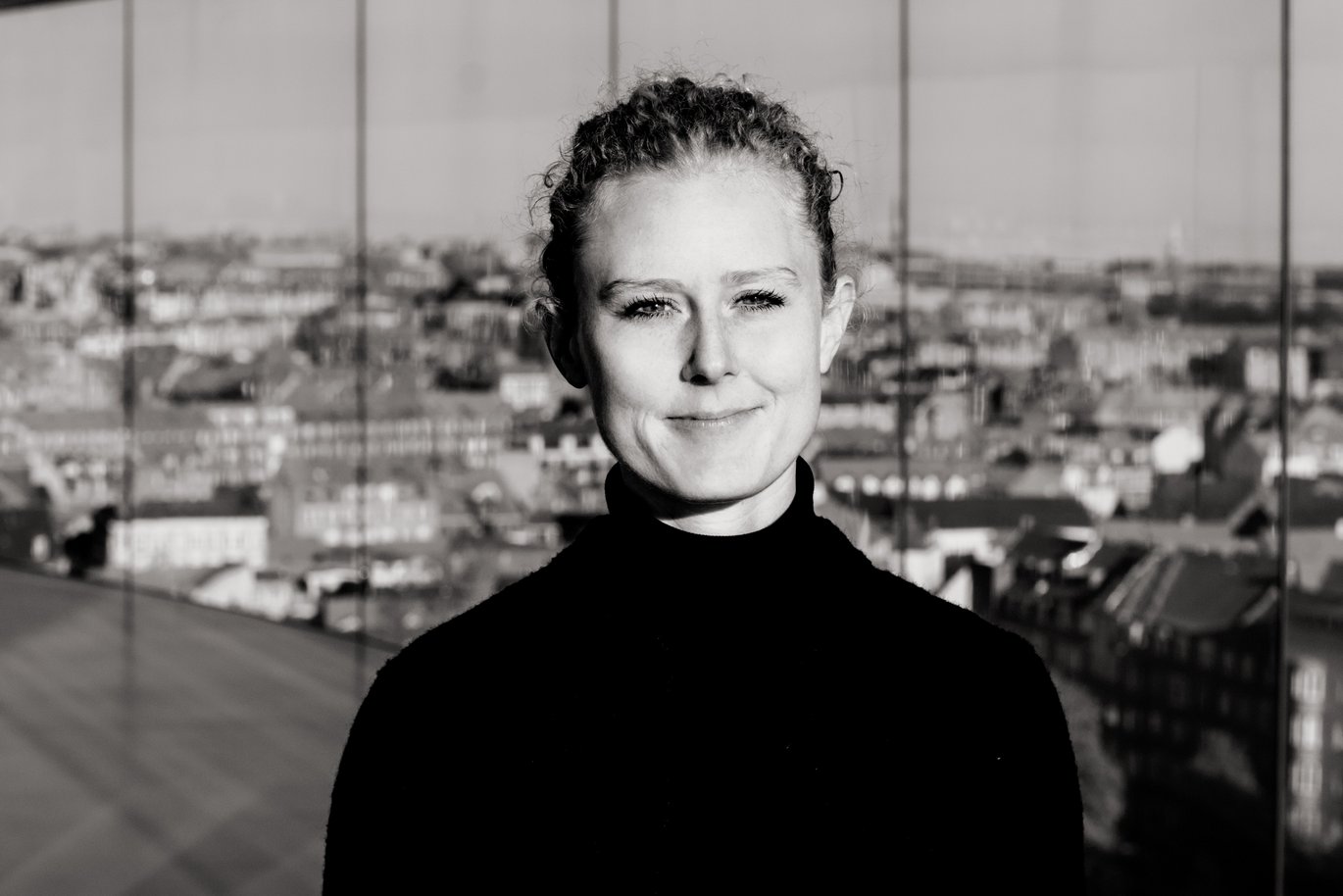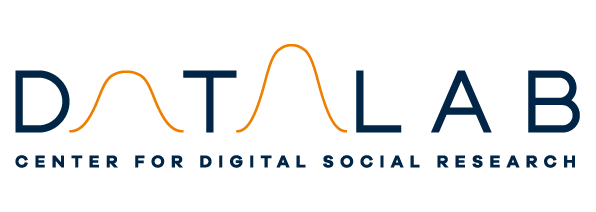Hello from a researcher in DATALAB
Meet Ane Kathrine Gammelby who is a PhD fellow and member of DATALAB. At the moment she is absorbed in writing up her dissertation about health-related Facebook groups.

Hi! I’m Ane Kathrine Gammelby. I’m a PhD Fellow and a foodie, a methods geek and a garden enthusiast. Currently, I’m working on finishing up my PhD in which I analyze the raison d’être of Facebook-groups that are organized around health-related matters.
On a day-to-day basis, I’m located at Katrinebjerg, at the Departments of Information Studies and Media Studies. I’m a member of AU Datalab and associated with the Digital Living Research Commons (DLRC, also at AU), as well as I’m a member of the Association of Internet Researchers (AoIR).
I study the social impacts of health-related Facebook-groups. These groups are characterized by “ordinary” people discussing their health-related issues with each other, typically without interference from medical professionals. The objective of my research is to elaborate our understanding of how the significant everyday integration of digital media affects people’s ways of dealing practically health-related issues, and, on a broader scale, how the popularity of digital media changes mundane health culture and challenges the authority of healthcare institutions.
Currently, I am absorbed in...
Writing up my dissertation. However, occasionally I seize the opportunity to get out of my PhD bubble to give guest lectures or talk to journalists. I like this, because it often forces me to explain my research in new ways, not least, ways that make my research relevant to a broader public than my fellow researchers.
I also spend some of my time browsing my opportunities for what comes after handing in my dissertation. I’m both looking at opportunities in academia and in the private and public sectors.
What’s taken me by surprise the most in research is…
When I started my PhD project back in 2013, very few people would know what I was talking about, when I was saying that I was doing research on health-related Facebook-groups. I would typically have to explain, pretty much from scratch, what the substantial connection between ‘Facebook’ and anything ‘health-related’ was. Today, this connection is rather self-explanatory, since most people have either joined a health-related Facebook-group themselves or know of somebody who has.
I think it is pretty incredible how quickly Facebook has developed into an integrated part of our communicative infrastructure, and how Facebook in many ways works as a gateway that connects us to a lot of opportunities around us and quite significantly frames our perceptions of these opportunities.
I would like to concern myself more with…
How we talk about something as ‘knowledge’. I’m very fascinated by the question of when and on the basis of what something gets to count as ‘knowledge’ and to whom: When do we ‘know’ if a person has an allergy, for example? When the person sneezes every time (s)he eats carrots, or when the doctor’s carrot allergy test is positive? What if the test is negative and the person still sneezes when eating carrots? What if we know that the test is only a 70% accurate? And what if such test does not exist at all? Does the sneezing person and the doctor necessarily reach the same conclusion on what causes the sneezing and what is reasonable to do about it? And is it a problem if they don’t?
This is where I convey my knowledge:
- Twitter: @akgammelby
- Conferences: AoIR www.aoir.org, NordMedia www.nordicom.gu.se/en/media-research/nordmedia-conference, Society for Social Studies of Science (4S) www.4sonline.org
- I also regularly share my knowledge in the news media. See for example: Det postfaktuelle angreb på lægers autoritet or New technologies don't always cause new problems. But they make them more visible (articles in Danish).
I find new knowledge and inspiration here:
By the coffee machine at our department. This is a case of ‘water-cooler conversations’ turned academic. I typically leave the coffee machine with a mug of black coffee and a bunch of new literature references or a new analytic thought sparked by the conversations with my colleagues. I’m pretty sure that the university is not aware of how much value for money the free coffee at our department actually is…
When it comes to digital inspiration sources, I’m quite fond of the Association of Internet Researchers‘ mailing (https://aoir.org/mailing-lists/). This works as my daily internet research-related news channel, notifying me about anything from new publications and upcoming conferences to job opportunities and research dilemmas that other internet researchers struggle with.

